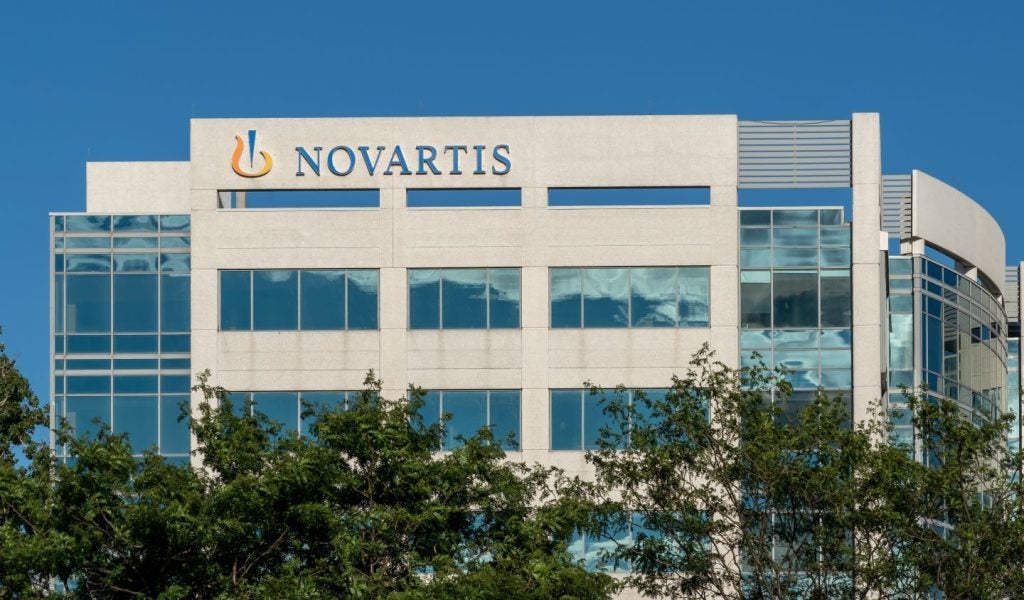CytoReason has secured $80m in funding from a consortium of investors to enhance its AI disease models.
The investors are OurCrowd, NVIDIA, Pfizer and Thermo Fisher Scientific.
The funding will aid in expanding CytoReason’s disease models into additional indications and growing its molecular and clinical data.
Supported by the investment, the company also aims to open a new US hub in Cambridge, Massachusetts in the second half of 2024 in a bid to strengthen its presence.
Low research and development (R&D) timelines and enhanced probability of technical and regulatory success (PTRS) are crucial for life sciences companies.
CytoReason’s AI tools and insights at the molecular level assist therapeutic area leaders in making informed decisions, thus enhancing Phase II success rates and streamlining R&D portfolios.
The new investment will also aid CytoReason in accelerating its growth and solidifying its market position.
This approach will allow more pharmaceutical and biotech companies to increase the speed and precision of asset development across therapeutic areas, ultimately benefiting a wider patient population globally.
CytoReason co-founder and CEO David Harel stated: “CytoReason is grateful for this infusion of new capital from industry technology powerhouses such as NVIDIA, Pfizer and Thermo Fisher.
“The world understands that data alone is not enough, and that the future of data-driven insights is in data modelling. CytoReason is at the forefront of this revolution in pharma R&D.”
Following the expanded partnership with Pfizer in 2022, CytoReason forged three pharma partnerships, broadened its disease model coverage to include central nervous system-related diseases, and collaborated with various data organisations.
Pfizer worldwide research development and medical president and chief scientific officer Mikael Dolsten stated: “The rapid expansion of new technologies, like artificial intelligence, holds tremendous potential to help transform what is possible in human health.
“Our collaboration with CytoReason leverages its cutting-edge immunology multiomics platform to augment Pfizer’s own R&D capabilities and generate invaluable insights into new drug development pathways for patients.”















